
Jill Lepore’s The Secret History of Wonder Woman (2014) is a biography of William Moulton Marston, who created the iconic comic book heroine. It describes Marston’s personal life and work and how factors in his life influenced the development of the superhero Wonder Woman.
William Marston was a psychologist who was educated at Harvard University. He was an inventor and developed an early version of the lie detector test. In addition, Marston was a writer, who penned academic essays and screenplays. In the 1940s, Marston created the character Wonder Woman as a powerful female superhero. The character was illustrated by the artist and cartoonist H.G. Peter. When Wonder Woman first appeared in All Star Comics #8 in 1941, male superheroes abounded in comic books. Wonder Woman was a novel creation, a woman who represented the feminist ideals of strength, sisterhood, anti-violence, and respect for human life.
The book delves into the personal, titillating details of William Marston’s complex family. He was married to Elizabeth Holloway Marston. Elizabeth contributed to his work on the lie detector test and to the development of Wonder Woman. Together, William and Elizabeth had two children together. Marston also had a relationship with his psychology student Olive Byrne, who was the daughter of Ethel Byrne and the niece of Margaret Sanger. In 1916, Ethyl and her sister Margaret opened the first birth control clinic in the US in Brooklyn. Olive moved in with William and Elizabeth Marston, and William had two children with Olive. Even after William Marston’s death, Elizabeth and Olive continued living together.
These women influenced Marston and contributed to his ideas of Wonder Woman as powerful and good. Marston’s lie detector became Wonder Woman’s “Lasso of Truth.” Olive Byrne’s bracelets inspired Wonder Woman’s indestructible bracelets. The fight for women’s liberation is reflected in Wonder Woman’s repeated escapes from bondage. I especially liked the presentation and descriptions of old Wonder Woman comics that illustrated these themes. The book was a fascinating, surprising read.
Purchase and read books by Jill Lepore:


© penciledpage.com



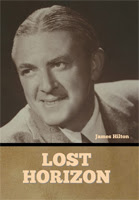
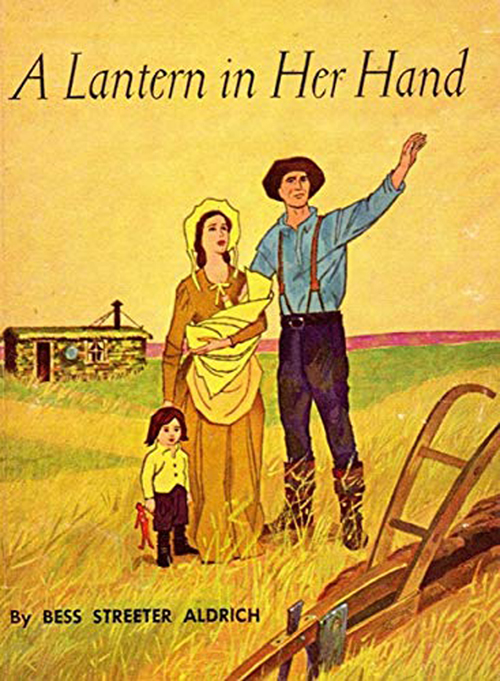

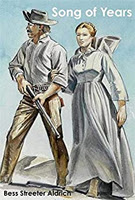




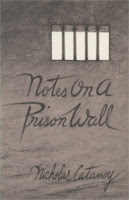
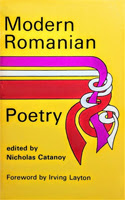


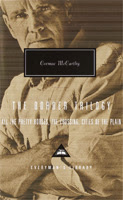




Search This Website